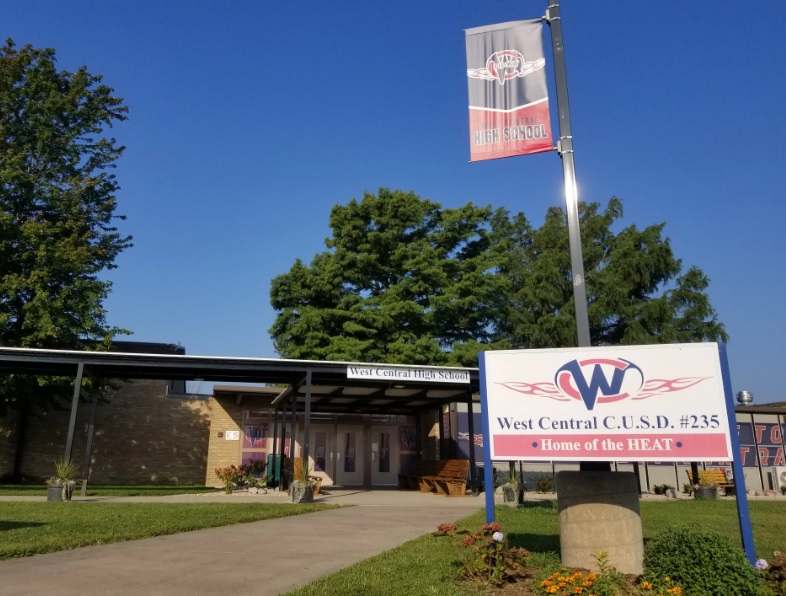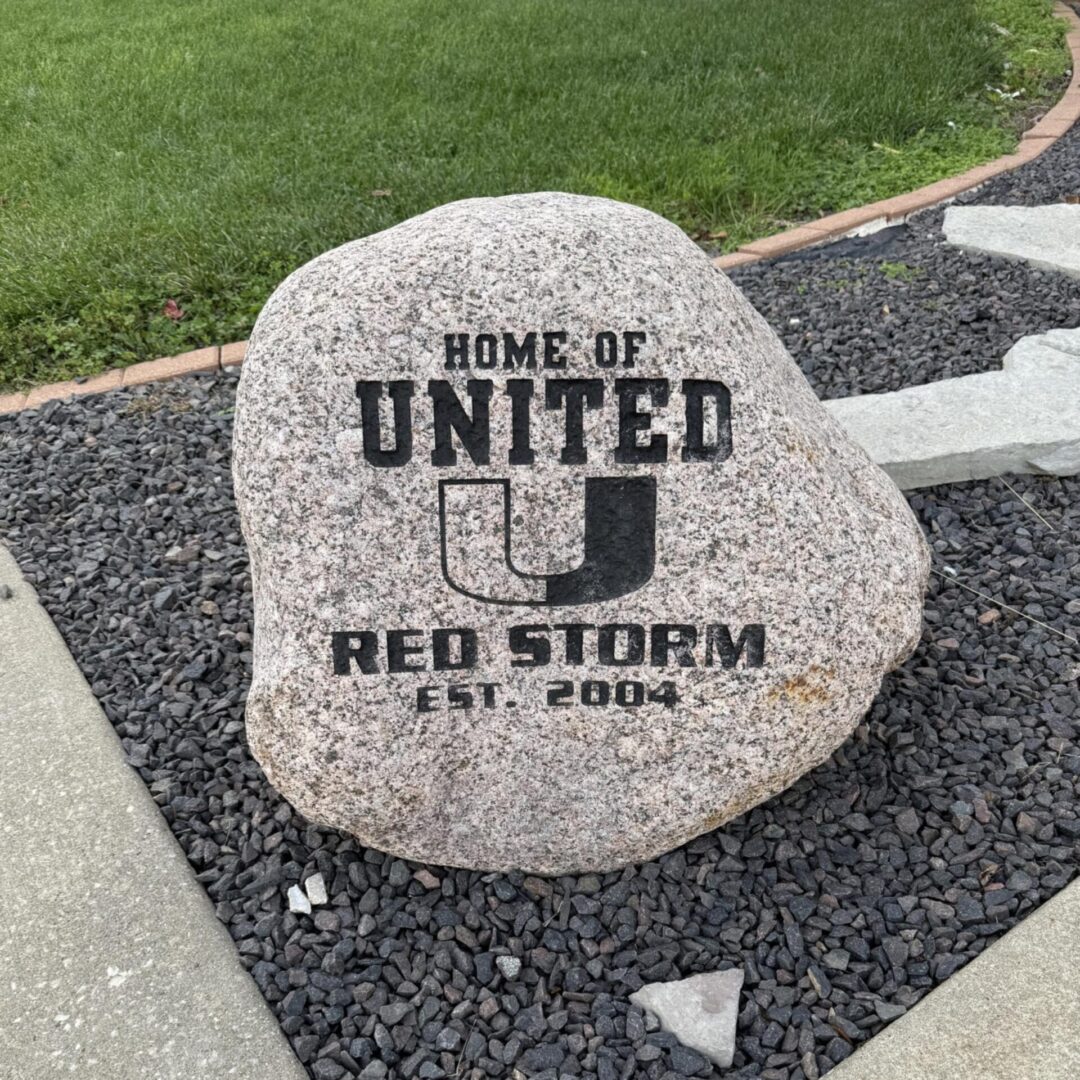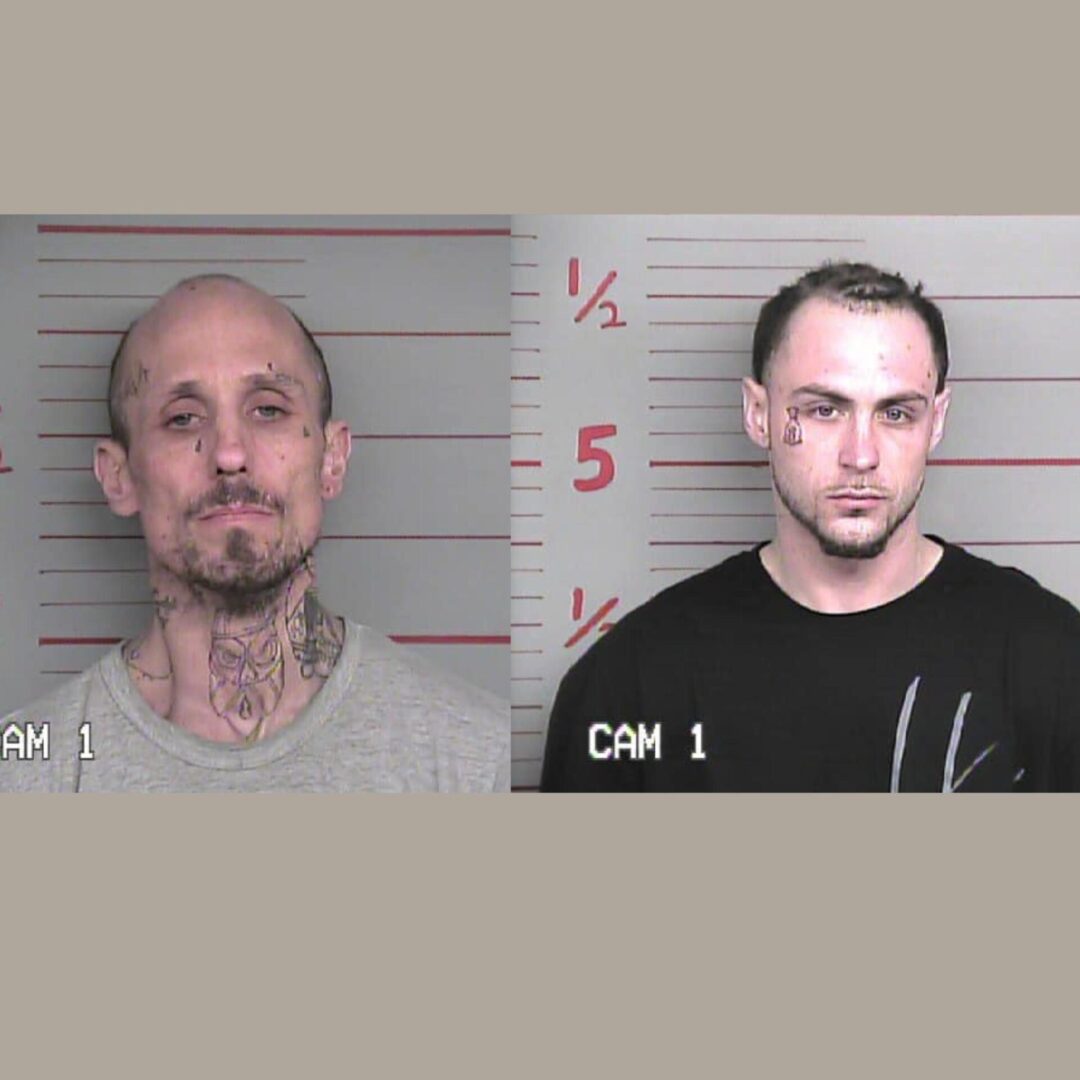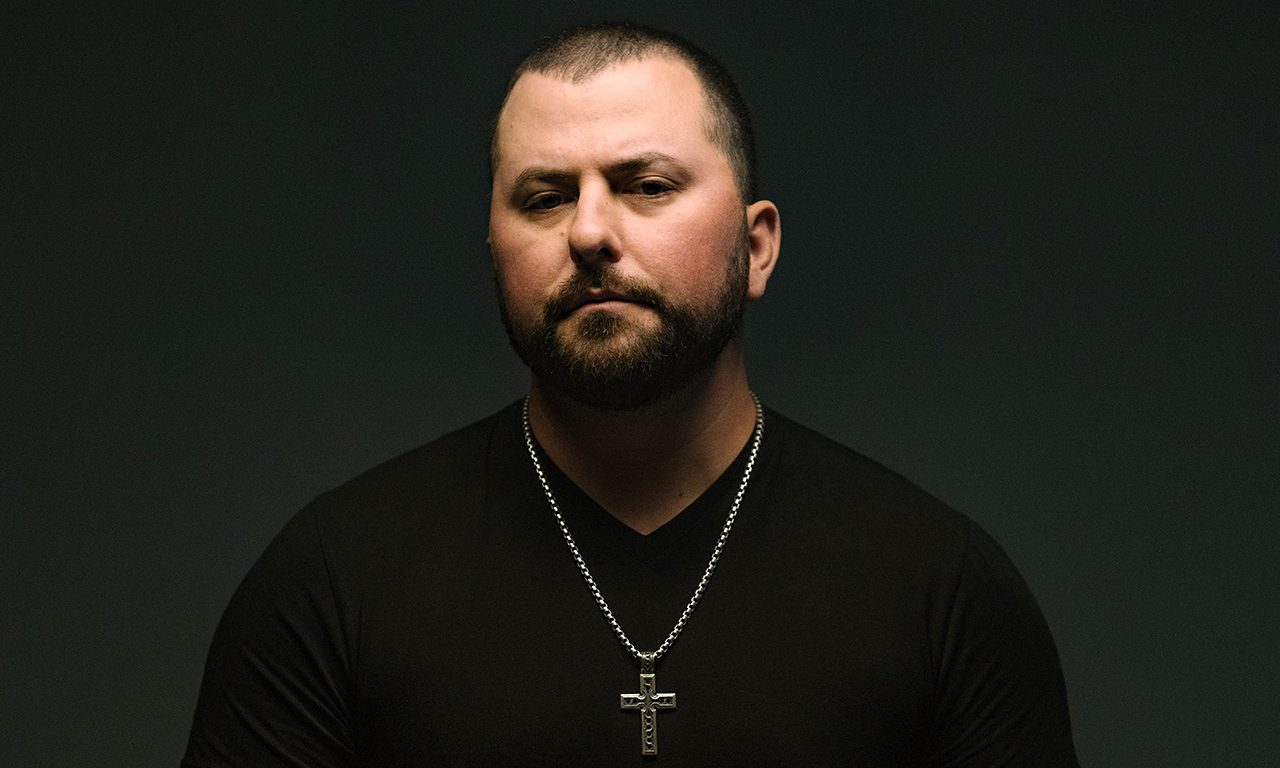The Illinois Department of Public Health (IDPH) and the Chicago Department of Public Health (CDPH) today announced Illinois’ first known COVID-19 case caused by the Omicron COVID-19 variant (B.1.1.529), identified in a Chicago resident and known contact of a confirmed Omicron case from another state who visited Chicago. The Chicago resident – fully vaccinated with a booster dose – did not require hospitalization, is improving and has been self-isolating since their symptoms began. Public health officials continue to perform contact tracing. Additional information about the individual is not available to protect their identity and protected health information.
“Scientists need time to learn more about the Omicron COVID-19 variant, but in the meantime, we already know how to be vigilant,” said Governor JB Pritzker. “So, get your vaccine, get your booster, wear your mask indoors, wash your hands, and get tested for COVID-19 if you feel sick or have been exposed to someone who tested positive. I encourage all Illinois residents to make a plan for how to best protect themselves and their loved ones, especially in the holiday season.”
“The City and CDPH continue to closely monitor the Omicron variant and work with medical experts to better inform our residents,” said Mayor Lori Lightfoot. “To meet the urgency of this moment, it’s crucial that our residents continue to get vaccinated and receive their booster shot. We are committed to distributing the vaccine as widely and equitably as we can across our city through community-based clinics, City-run clinics, and our recently expanded Protect Chicago At Home program.”
South African authorities were the first to report the Omicron variant to the World Health Organization on November 24th, with retroactive testing confirming the variant to be present in Europe at least five days prior. The variant has been found in more than three dozen countries worldwide, contains a large number of mutations, and has been classified as a variant of concern by the World Health Organization and Centers for Disease Control and Prevention (CDC).
“While unsurprising, this news should remind Chicagoans of the ongoing threat from COVID-19, especially as families prepare to come together over the holidays,” said CDPH Commissioner Allison Arwady, M.D. “We know how to slow the spread of this virus: get vaccinated, get boosted, get tested if you have symptoms or have been in contact with someone with COVID-19, and stay away from others if you test positive. Wear a mask indoors, avoid poorly ventilated spaces, practice social distancing, and wash your hands.”
The first case in the United States was reported on December 1, 2021, and both travel-associated and non-travel-associated cases have subsequently been reported from multiple U.S. states. Public health officials have been anticipating detection of this variant and expect further cases to be reported in the coming days and weeks. While there are concerns about how quickly this variant has emerged and spread in South Africa, much remains to be learned about how it behaves, and IDPH and CDPH will continue working closely with CDC to closely monitor this case and others.
“Public health experts and scientists worldwide continue to study the newest variant, Omicron, to determine if it spreads more easily, causes more severe illness, and how effective the current vaccines are against it,” said IDPH Director Dr. Ngozi Ezike. “While we don’t have all the answers right now, we know the general prevention strategies we’ve been recommending – vaccination, boosters, masking, testing, physical distancing – are our best protection against the virus and its variants. As long as the virus continues to circulate, it has the potential to mutate into new variants. Vaccination can help stop circulation, but we need more people to get vaccinated.”
IDPH laboratories continue to perform genomic sequencing of positive specimens to identify any variants, including Omicron. IDPH has renewed its ask for hospitals across Illinois and laboratories to increase the number of positive specimens they send to the IDPH labs for sequencing. CDPH is part of statewide and national efforts to monitor, track and understand SARS-CoV-2 variants. This includes a partnership with Rush University Medical Center to form the Regional Innovative Public Health Laboratory (RIPHL), which collects a sample of specimens from the large hospitals across Chicago and conducts genomic analyses. This initial case was identified by RIPHL – through sequencing analysis of a specimen.
“By tracking SARS-CoV-2 in Chicago, we can detect changes in the virus that will help us to respond to COVID-19, locally and globally,” said Mary Hayden, MD, co-principal investigator of RIPHL at Rush and Professor, Infectious Disease, Rush Medical College. “Rush’s work with CDPH and other partnerships like it across the country are vital to public health, as the pandemic has made crystal clear.”
The best protection against serious illness and hospitalization is to get vaccinated and boosted.
To find the most recent updates on COVID-19 and the Omicron variant, or to find your COVID-19 vaccine, visit Chicago.gov/COVIDvax in Chicago and https://dph.illinois.gov/covid19.html throughout Illinois.
***Report Courtesy of the Illinois Department of Public Health***















